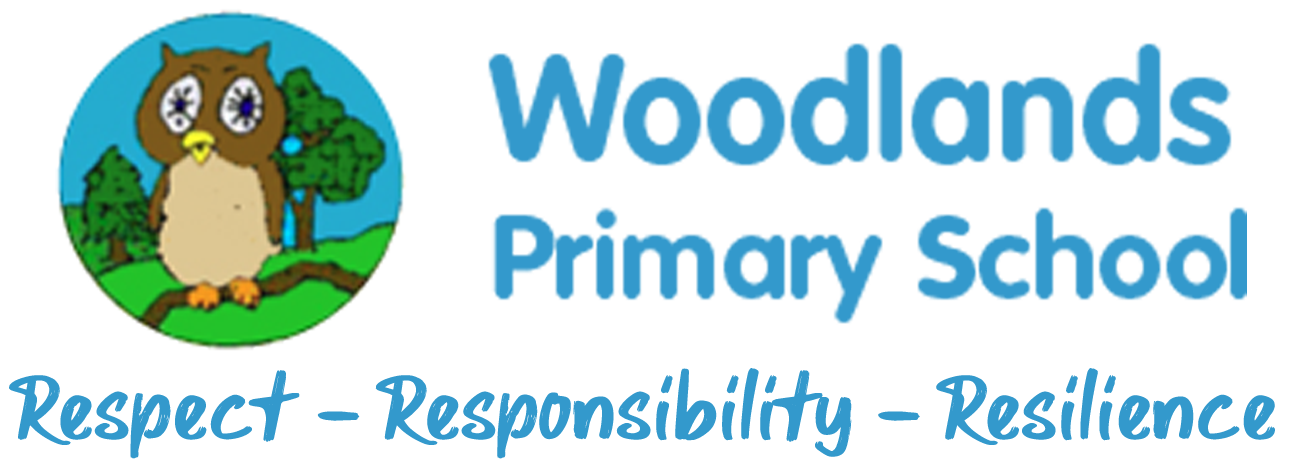Geography
Intent
At Woodlands, we have designed the geography curriculum so that it gives the children the knowledge and skills that they need ready for secondary school and for life. At its heart, we have placed an aim to inspire pupils to be curious and fascinated by the world around them and further afield. Pupils are exposed to a wide range of topics. In addition, they have visits and a chance to complete fieldwork to collect, analyse, present, and communicate information and data.
The scheme matches the content and ambition of the National Curriculum but importantly, we have broken down the end points into small manageable chunks of knowledge and skill. These are sequenced so that the children can build their knowledge over time and the knowledge and skills become automatic.
The end points in each topic, term and year, covers knowledge of a range of diverse places, people, resources, natural environments as well as physical processes. The content helps pupils answer questions about the Earth. The sequence of knowledge helps pupils to understand the world and deepens their understanding of the interaction between physical and human processes, and of the formation and use of landscapes and environments.
The curriculum has been adapted to provide opportunities to develop vocabulary and provide experiences of the wider world. Vocabulary, therefore, is central to the scheme of work and enables pupils to communicate their knowledge and ideas in geography lessons. All pupils, including those with SEND and vulnerable children, study the scheme of work throughout the year. Importantly, the scheme mixes practical activities with research and has a blend of academic and technical learning.
Implementation
Geography at Woodlands is taught discretely in half-termly blocks throughout the year, focusing on the knowledge and skills stated in the National Curriculum. We have developed a subject enhancement calendar to allow us to ensure the provision of possible opportunities relevant to each topic to maximise our pupils' cultural capital.
Long-term plans are in place to ensure exposure to a breadth of topics as well as coverage of the National Curriculum objectives across the school. In medium-term planning, teachers have created a cycle of lessons that carefully plan for progression and depth, concentrating on the geographical skills suited to each age group to ensure we implement a curriculum that is progressive throughout the whole school. Teachers identify key knowledge for each blocked topic; this is used to inform our knowledge organisers created for our pupils to use which also include related key vocabulary. Key vocabulary is promoted during lessons and through displays to promote a language-rich Geography curriculum essential to the successful acquisition of knowledge and understanding of Geography.
Teachers use their judgement to implement a variety of teaching approaches to deliver geography lessons and follow their pupils’ interests to ensure their learning is engaging, broad and balanced. Pupils have access to a range of secondary resources such as maps, atlases and digital technology to develop their knowledge and understanding that is integral to their learning. Consideration is given to how greater depth will be taught, learned and demonstrated within each lesson, as well as how learners will be supported in line with the school’s commitment to inclusion.
Impact
Our geography curriculum will ensure all of our pupils, regardless of different backgrounds and starting points, have the same opportunities to explore and enquire about the world in which they live. Knowledge, understanding, and skills will be secured and embedded so that all pupils achieve their full potential.
They will develop a curiosity of the physical world around them that will stay with them and will have the geographical language to continue to articulate their questions as they continue their education.
When pupils encounter a challenge, they will demonstrate resilience. They will develop a sense of responsibility to look after the world and its resources. They will be respectful of the diverse world around them and its people and nature.
We have a robust assessment system in place for geography. Teachers assess against the end points but also work with their year group partner to evaluate the unit of work. Next steps are identified and adaptations for future teaching are made, thus completing the assessment cycle. Subject Leaders then analyse these evaluations as part of their monitoring.
